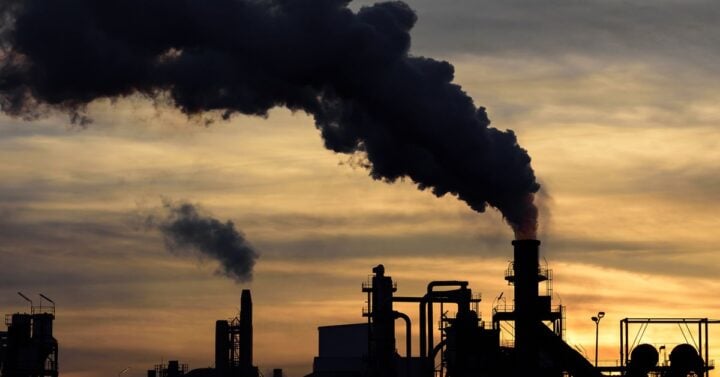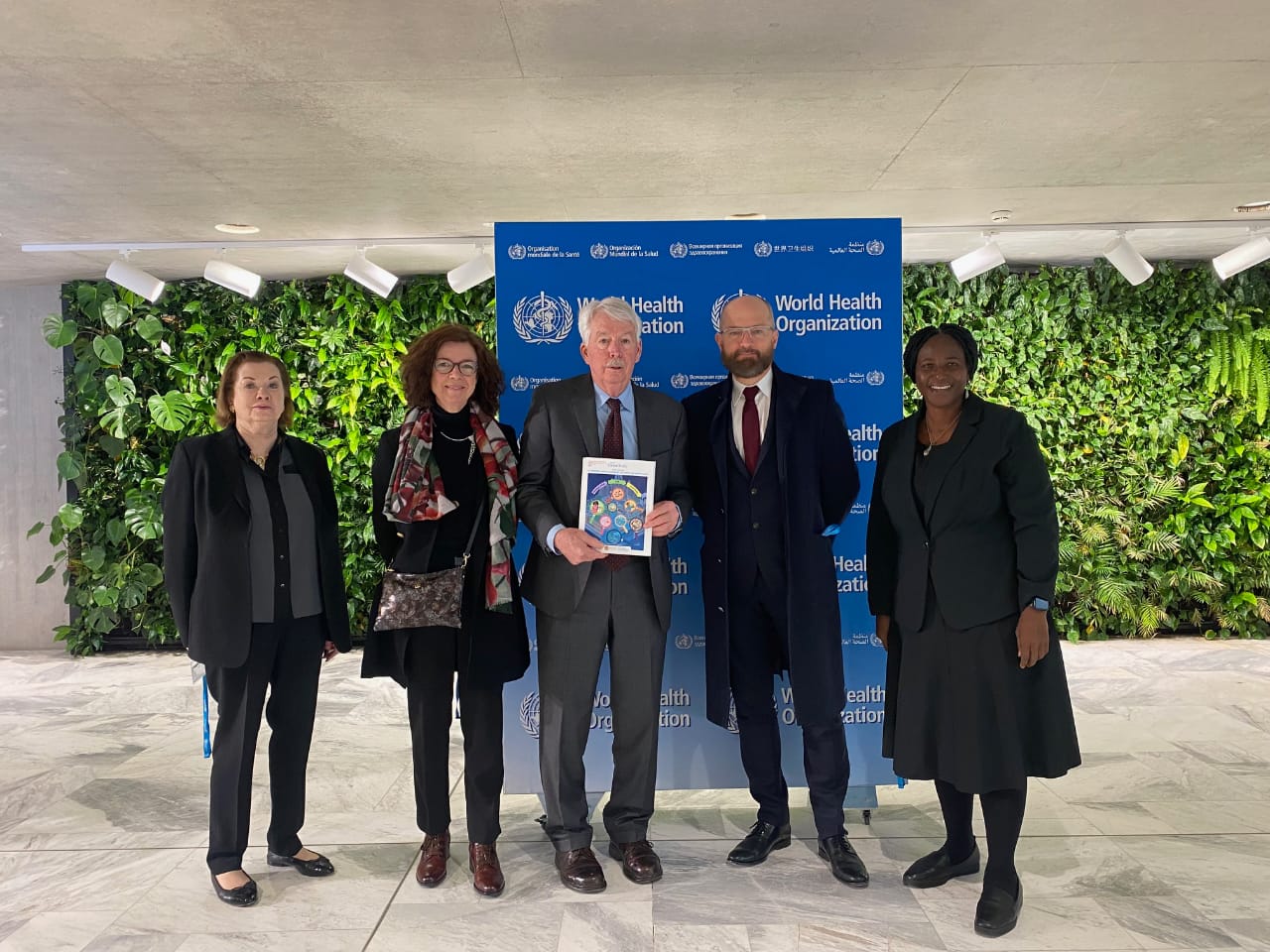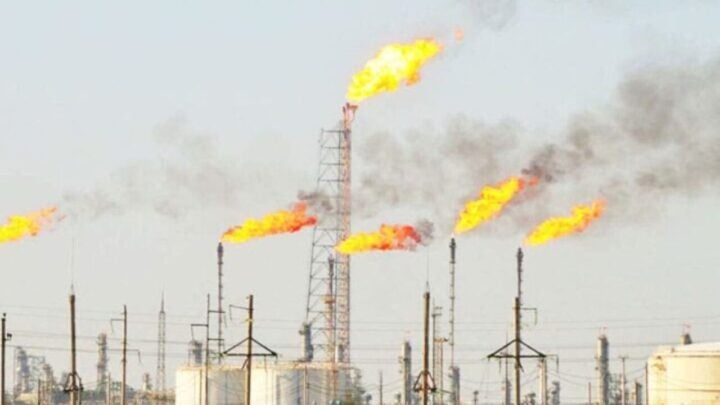Nigeria, India, Indonesia and Pakistan are predicted to experience extreme heat more than other parts of the world by 2070.
According to a report published by Nature Sustainability, more than a fifth of the world’s population would be pushed outside the climate niche — the set of temperature and precipitation conditions within which humans can survive – by the year 2100 as temperatures continue to rise.
The report said Nigeria and India have increased exposure to extreme heat and are at the greatest future risk.
The climate policy commitments of these countries, according to the report, will play a significant role in determining global warming by the end of the century.
Advertisement
“Both India and Nigeria already show hotspots of increased exposure to extreme heat due predominantly to warming, consistent with our prediction that they are at greatest future risk,” the report reads.
“These and other emerging economies (for example, Indonesia, Pakistan, Thailand) dominate the total population exposed to unprecedented heat in a 2.7 °C warmer world.
“Their climate policy commitments also play a significant role in determining end-of-century global warming.”
Advertisement
The report pointed out that emissions from citizens of richer countries were exposing future generations of low-income countries to extreme heat.
According to the report, “2.7 average European Union citizens or 1.2 average US citizens emit enough carbon in their lifetimes to expose one future person to unprecedented heat, and the average citizen of Qatar emits enough carbon in their lifetime to expose 2.8 future people to unprecedented heat”.
The report added that “high temperatures have been linked to increased mortality, decreased labour productivity, decreased cognitive performance, impaired learning, adverse pregnancy outcomes, decreased crop yield potential, increased conflict, hate speech, migration and infectious disease spread”.
Tim Lenton, the lead author of the report, said the study highlighted the “phenomenal” human cost of failing to tackle the climate emergency.
Advertisement
“For every 0.1°C of warming above present levels, about 140 million more people will be exposed to dangerous heat. This reveals both the scale of the problem and the importance of decisive action to reduce carbon emissions,” he said.
Meanwhile, TheCable reported that the world will most likely rise above the 1.5°C threshold set in the Paris agreement.
The breach of the temperature limit which scientists warned would have catastrophic effects, was caused by human activities and a naturally occurring El Niño event, according to the World Meteorological Organisation (WMO).
Advertisement
Add a comment






